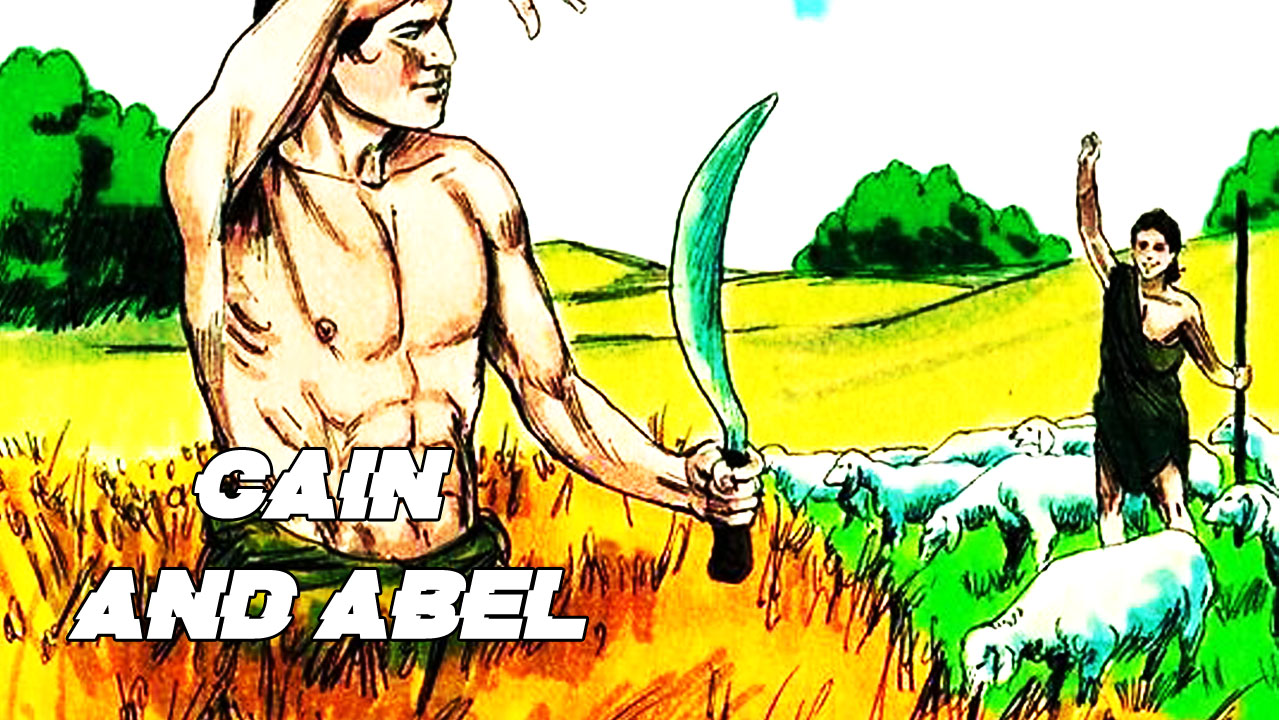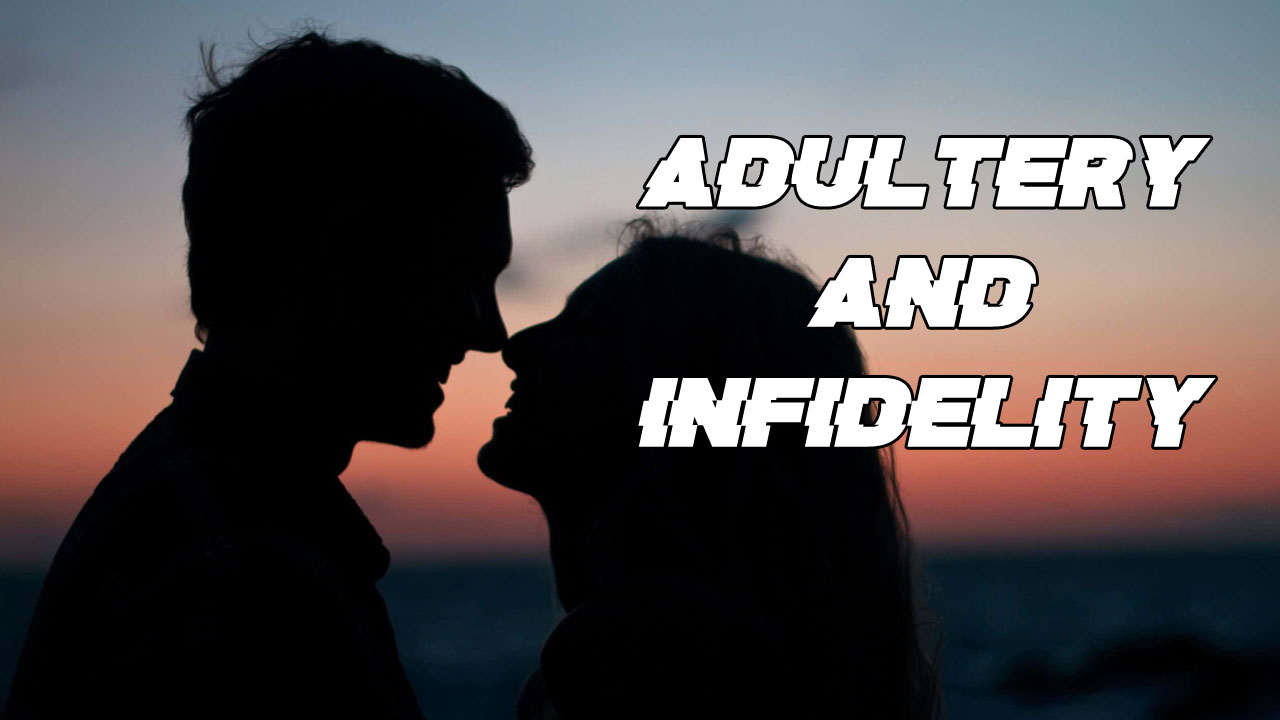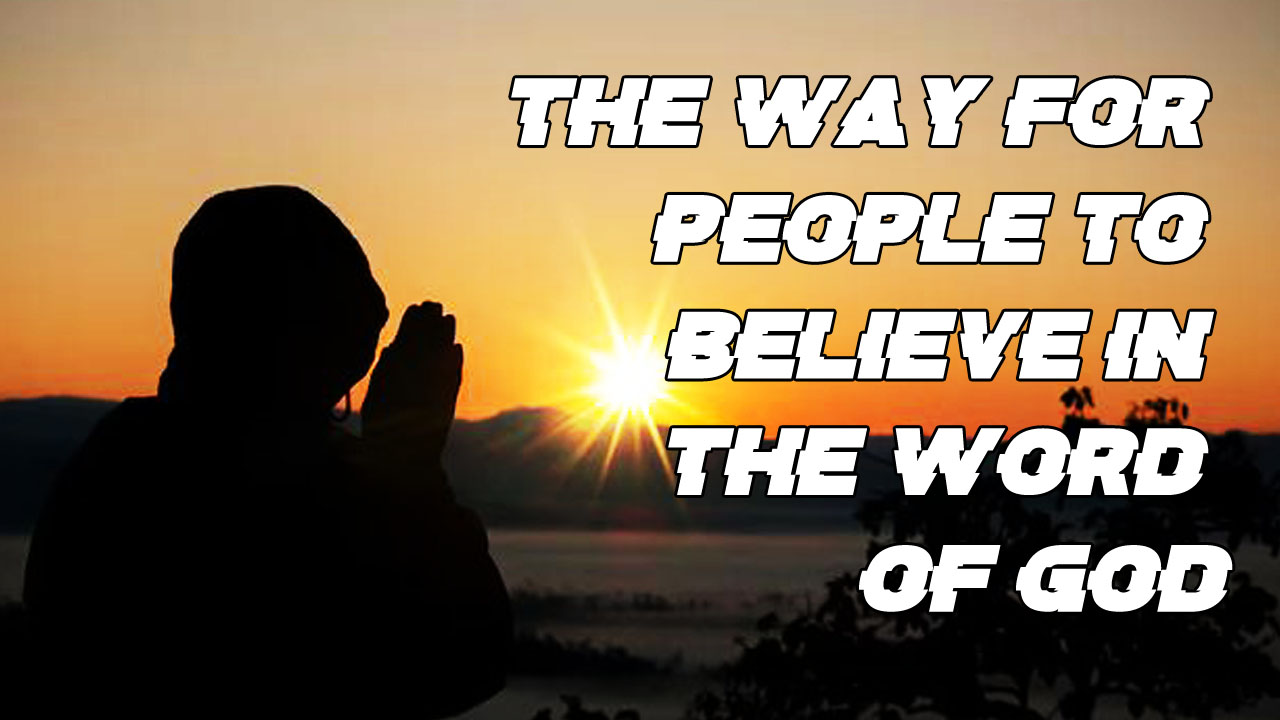


Cain and Abel made sacrifices to the Lord to worship and thank Him. Cain brought some of the produce from the land, while Abel brought the firstborn of his sheep. God favored Abel’s sacrifice because it was an offering that came from the best Abel had to give. This made Cain very angry and jealous. Cain lured his brother Abel into the fields and killed him with a rock. The Lord calls to Cain, asking what happened, and after Cain lies about killing his brother, God punishes Cain. While God’s harsh punishment on Cain was that he would no longer be able to grow crops on his land, He did promise Cain that no one would kill him. Cain’s name means “a possession; a spear.” The first-born son of Adam and Eve. He became a tiller of the ground as his brother Abel followed the pursuits of pastoral life. He was “a sullen, self-willed, haughty, vindictive man; wanting the religious element in his character, and defiant even in his attitude towards God.” It came to pass “in process of time”, probably on the Sabbath, that the two brothers presented their offerings to the Lord. Abel’s offering was of the “firstlings of his flock and of the fat,” while Cain’s was “of the fruit of the ground.” Abel’s sacrifice was “more excellent” than Cain’s and was accepted by God. On this account, Cain was “very wroth” and cherished feelings of murderous hatred against his brother and was at length guilty of the desperate outrage of putting him to death. For this crime, he was expelled from Eden and henceforth led the life of an exile, bearing upon him some mark which God had set upon him in answer to his cry for mercy so that thereby he might be protected from the wrath of his fellow men; or it may be that God only gave him some sign to assure him that he would not be slain. Doomed to be a wanderer and a fugitive in the earth, he went forth into the “land of Nod,” i.e., the land of “exile,” which is said to have been in the “east of Eden.” There, he built a city, the first we read of, and called it after his son’s name, Enoch. His descendants are enumerated to the sixth generation. They gradually degenerated in their moral and spiritual condition till they became wholly corrupt before God. This corruption prevailed, and at length, the Deluge was sent by God to prevent the final triumph of evil. Seven things we know about Cain. 1. He worshiped in self-will. 2. He was angry with God. 3. He refused to bring a sin offering. 4. He murdered his brother. 5. He lied to God. 6. He became a vagabond. 7. Nevertheless, He was the object of the divine care.
Abel’s name means “a breath, or vanity, a grassy place, a meadow.” He was the second son of Adam and Eve. He was put to death by his brother Cain. Guided by the instruction of their father, the two brothers were trained in worshipping God. “And in process of time”, each of them offered up to God the first fruits of his labors. Cain, as a husbandman, offered the fruits of the field; Abel, as a shepherd, of the firstlings of his flock. “The Lord had respect unto Abel and his offering, but unto Cain and his offering he had not respect”. On this account, Cain was angry with his brother and formed the design of putting him to death, a design which he at length found an opportunity to carry into effect. There are several references to Abel in the New Testament. Our Saviour speaks of him as “righteous”. “The blood of sprinkling” is said to speak “better things than that of Abel”, the blood of Jesus is the reality of which the blood of the offering made by Abel was only the type. The comparison here is between the sacrifice offered by Christ and that offered by Abel, and not between the blood of Christ calling for mercy and the blood of the murdered Abel calling for vengeance, as has sometimes been supposed. It is also said that “Abel offered unto God a more excellent sacrifice than Cain.” This sacrifice was made “by faith;” this faith rested in God, not only as the Creator and the God of providence but especially in God as the great Redeemer, whose sacrifice was typified by the sacrifices which, no doubt by the divine institution, were offered from the days of Adam downward. On account of that “faith” that looked forward to the great atoning sacrifice, Abel’s offering was accepted by God. Cain’s offering had no such reference and, therefore, was rejected. Abel was the first martyr, as he was the first of our race to die. “Abel was a keeper of sheep, but Cain was a tiller of the ground,” thus representing the two fundamental pursuits of civilized life, the two earliest subdivisions of the human race. On the Hebrew tradition of the superiority of the pastoral over agricultural and city life. The narrative may witness the primitive idea that pastoral life was more pleasing to God than husbandry. Cain’s was only a sacrifice of acknowledgment offered to the Creator; the meat offerings of the fruit of the ground were no more, and, for aught I know, they might be offered in innocency. But Abel brought a sacrifice of atonement. The blood whereof was shed in order to remission, thereby owning himself a sinner, deprecating God’s wrath, and imploring his favor in a Mediator. Or, In the qualities of the offering. Cain brought of the fruit of the ground, any thing that came next to hand, what he had not occasion for himself or what was not marketable. But Abel was curious in the choice of his offering: not the lame, nor the lean, nor the refuse, but the firstlings of the flock —the best he had, and the fat thereof —the best of those best. The great difference was this, that Abel offered in faith, and Cain did not. There was a difference in the principle upon which they went. Abel offered with an eye to God’s will as his rule, and God’s glory as his end, and in dependence upon the promise of a Redeemer; but Cain did what he did only for company’s sake, or to save his credit, not in faith, and so it turned into sin to him. Abel was a penitent believer, like the publican that went away justified: Cain was unhumbled; his confidence was within himself; he was like the Pharisee who glorified himself, but was not so much as justified before God.




Many lessons come to us from this section. Its general purport is to show the growth of sin and its power to part man from man even as it has parted man from God. We may call the whole ‘The beginning of the fatal operations of sin on human society.’ The sin here appears as having the power to bar men’s way to God. Much ingenuity has been spent on why Abel’s offering was accepted and Cain’s rejected. Cain’s offering had no sense of dependence, no outgoing of love and trust, no adoration—though it may have had fear—and no moral element. So it had no sweet odor for God. Abel’s was sprinkled with some drops of the incense of lowly trust, and came from a heart which fain would be pure; therefore, it was a joy to God. The deadly fruit of hate is taught in the brief account of the actual murder. Notice the impressive plainness and fewness of the words. Cain rose against his brother and slew him.’ A kind of horrorstruck awe of the crime is audible. Observe the emphasis with which ‘his brother’s repeated in the verse and throughout. Observe also the vivid light thrown by the story on the rise and progress of the sin. It begins with envy and jealousy. Cain was not worthy because his offering was rejected. What did he care for that? But what angered him was that his brother had what he had not. So selfishness was at the bottom, and that led on to envy, and that to hatred. Then comes a pause, in which God speaks remonstrances—as God’s voice—conscience—does now to us all—between the imagination and the act of evil. A real or a feigned reconciliation is effected. The brothers go in apparent harmony to the field. No new provocation appears, but the old feelings, kept down for a time, come in again with a rush, and they sweep away Cain. Hatred left to work means murder. Cain’s defiant answer teaches us how a man hardens against God’s voice. It also shows us how intensely selfish all sin is, and how weakly foolish its excuses are. It is sin which has rent men apart from men, and made them deny the very idea that they have duties to all men. The first sin was only against God; the second was against God and man. The first sin did not break, though it saddened human love; the second kindled the flames of infernal hatred and caused the first drops to flow from the torrents of blood soaking the earth. When men break away from God, they will soon murder one another. Cain was his brother’s keeper. His question answered itself. If Abel was his brother, he was bound to look after him. His self-condemning excuse is but a specimen of the shallow pleas by which the forgetfulness of duties we owe to all mankind and all sins are defended.








